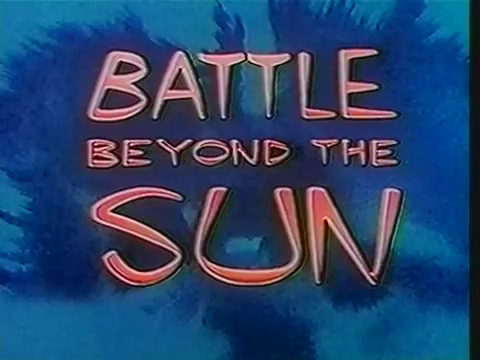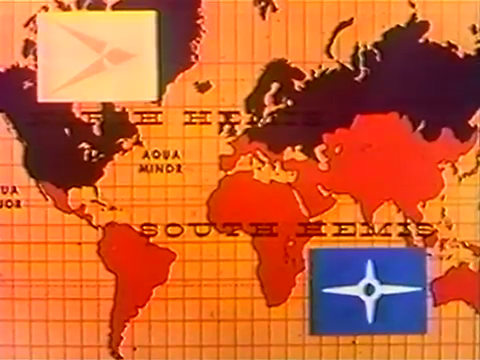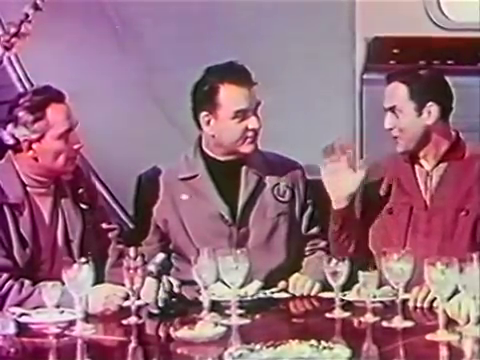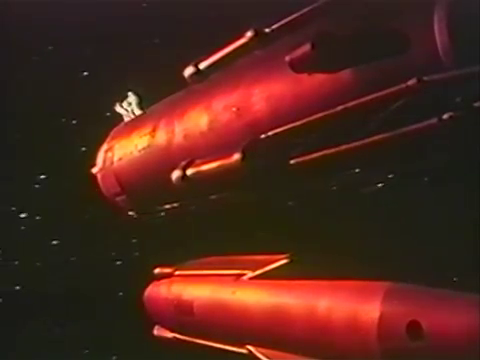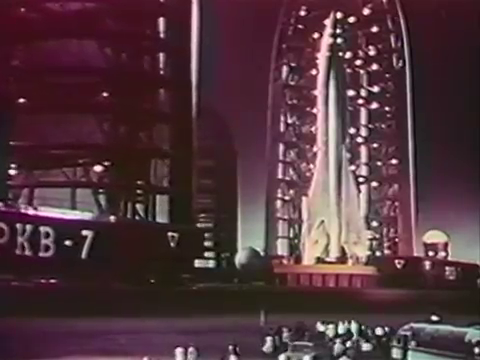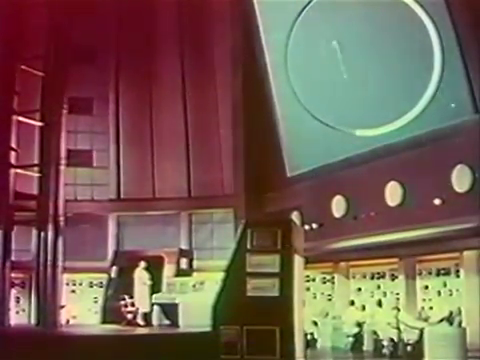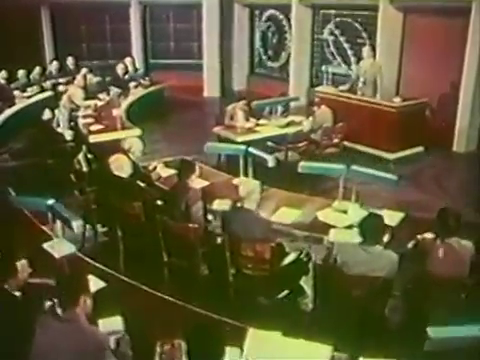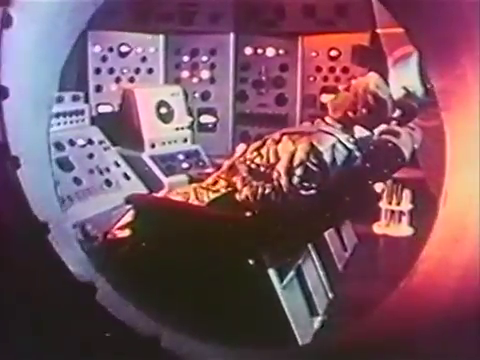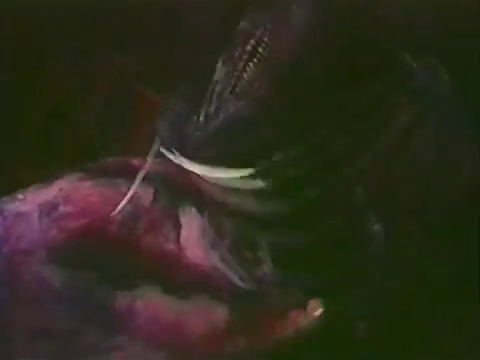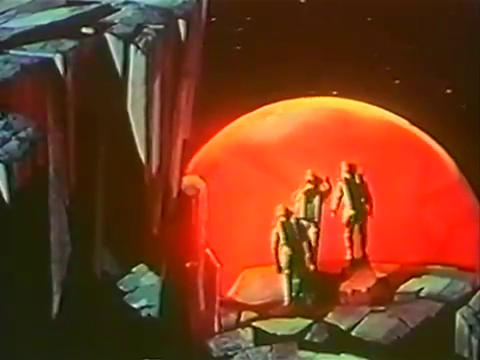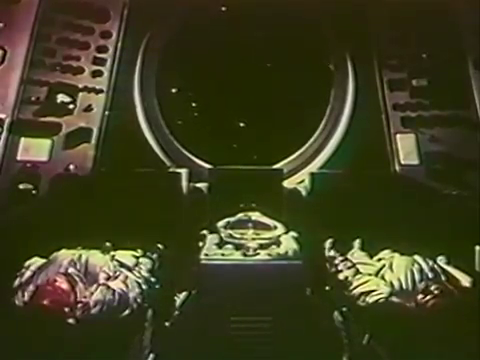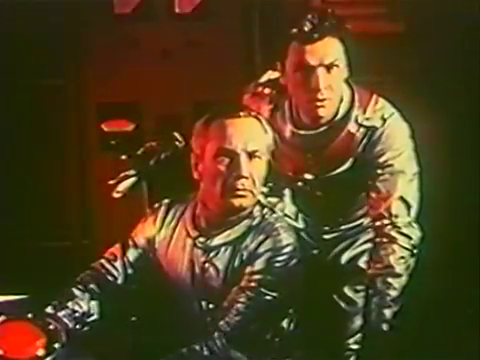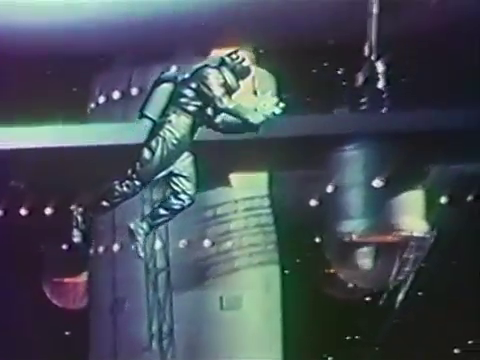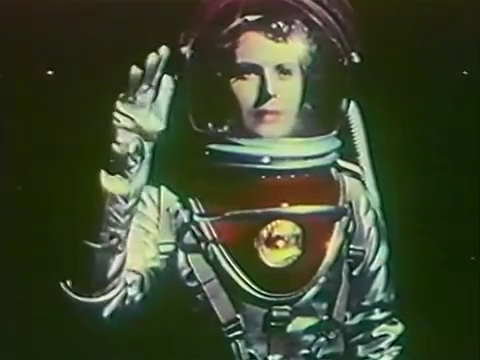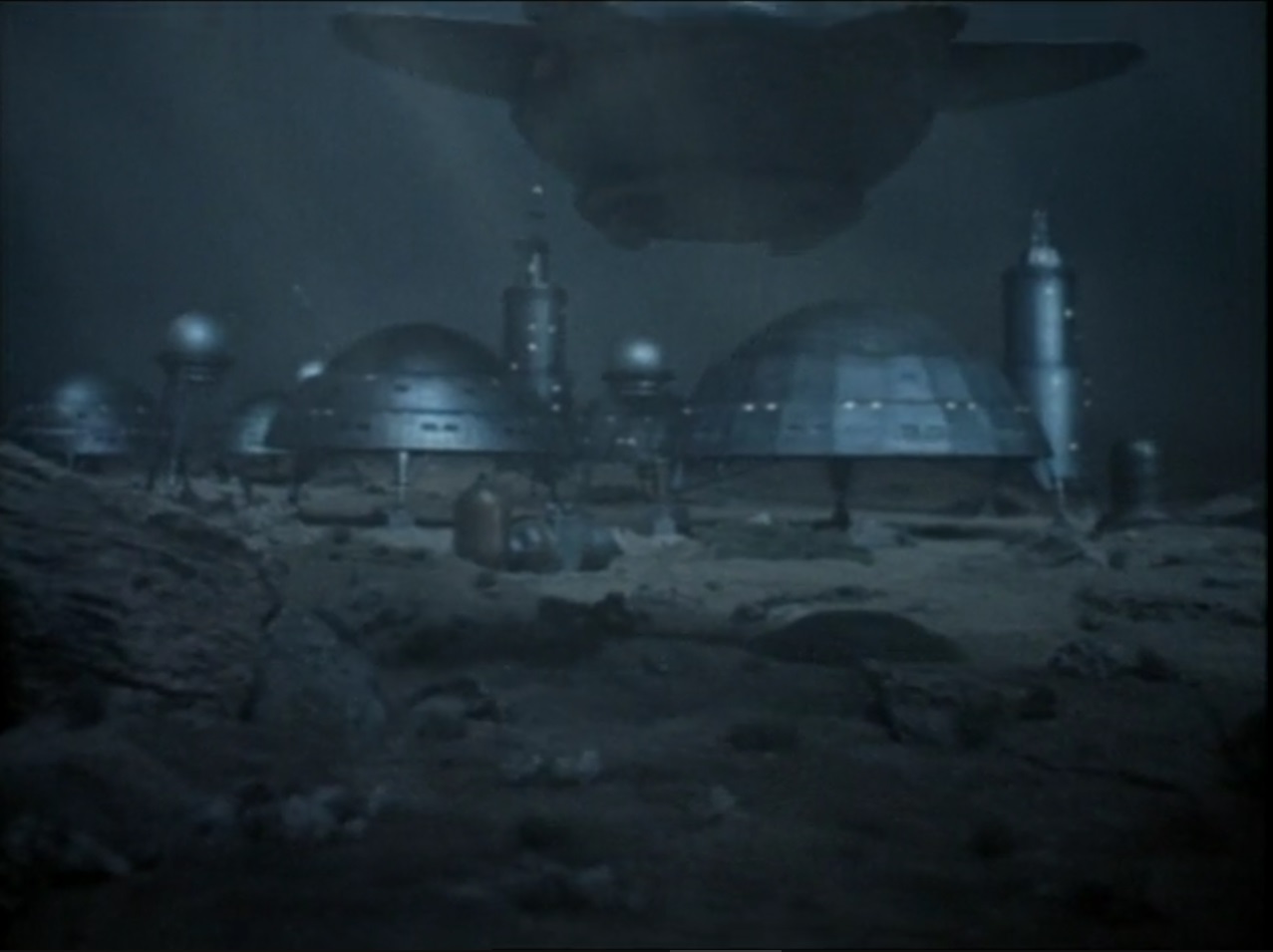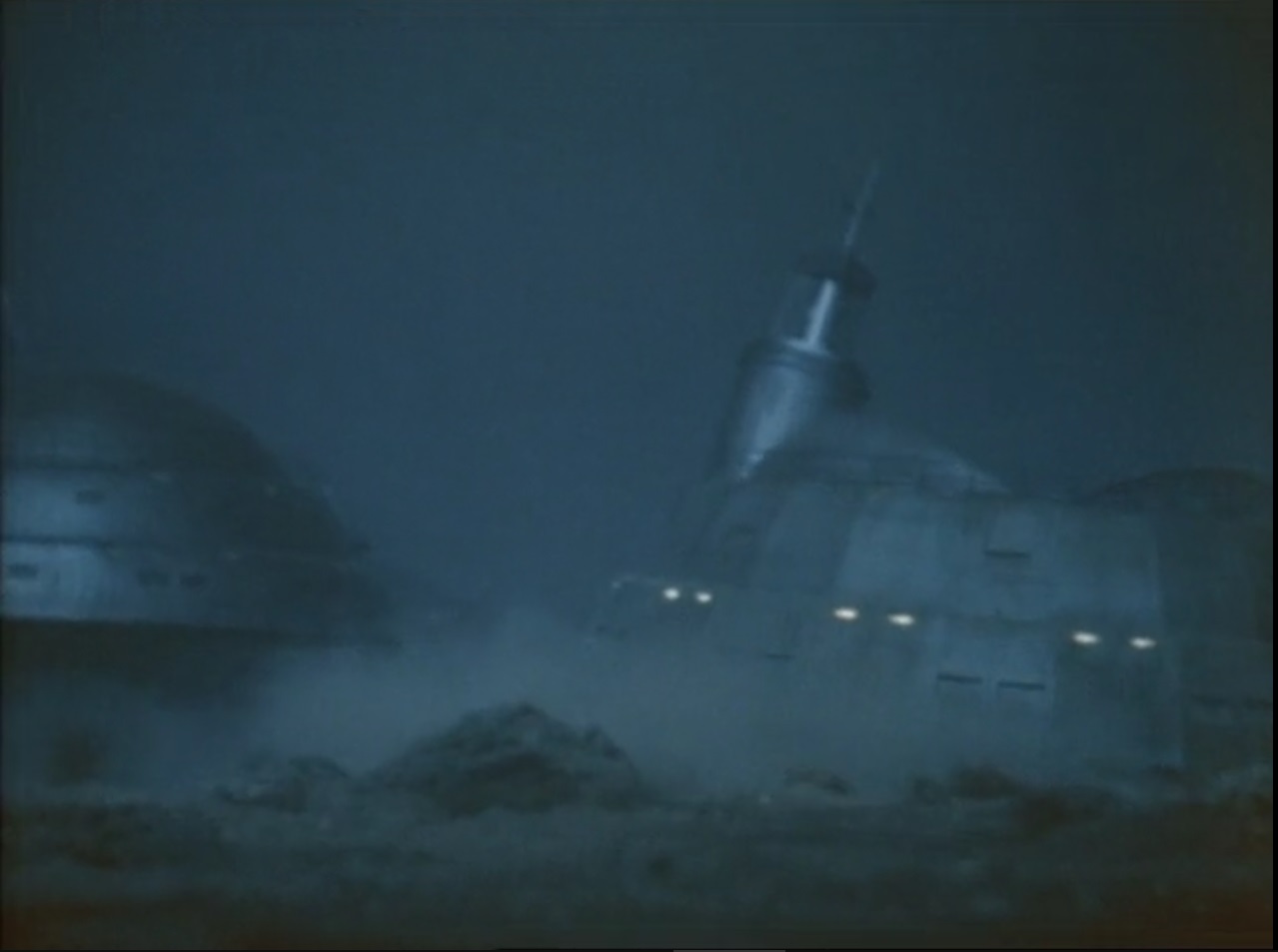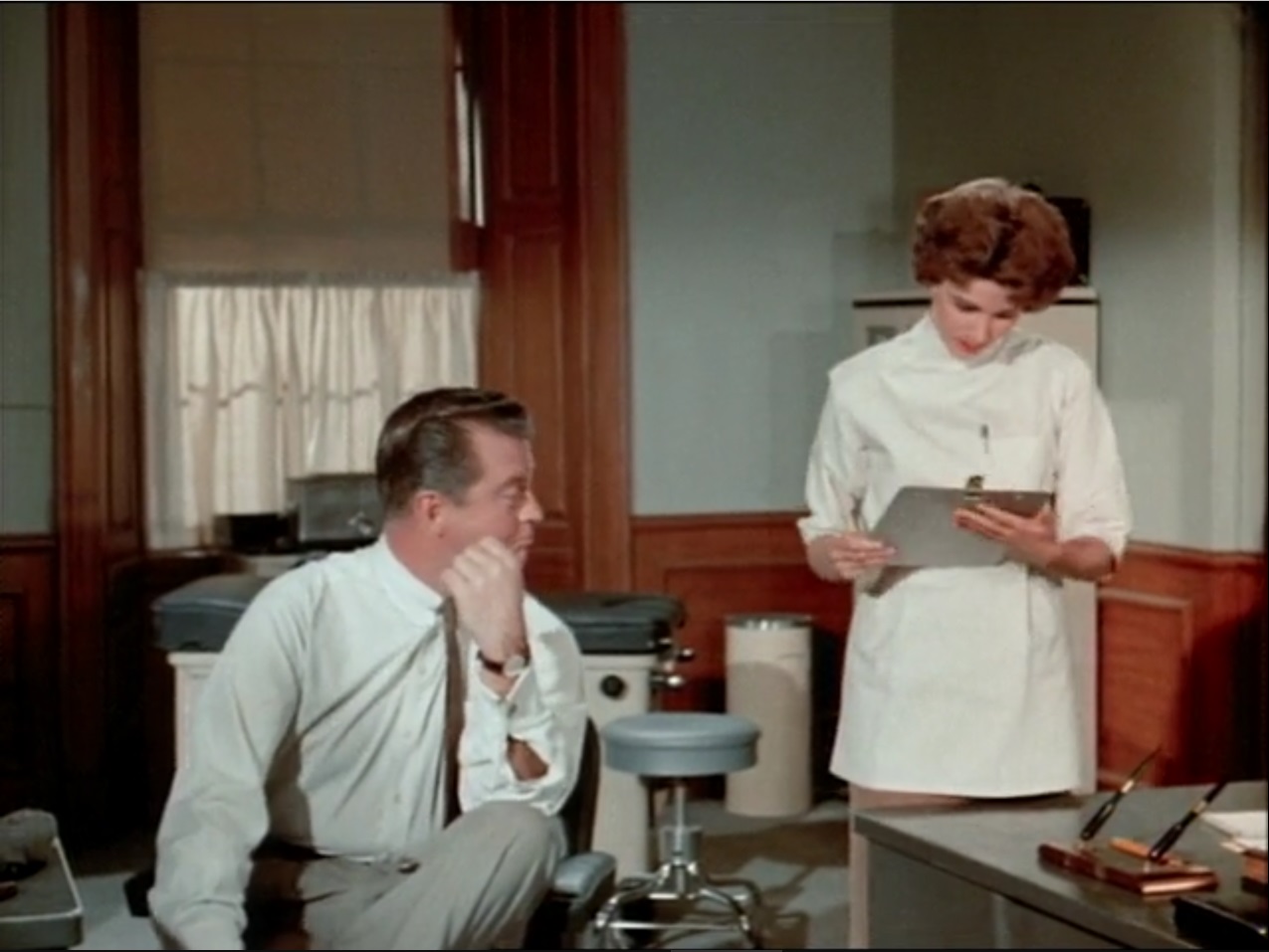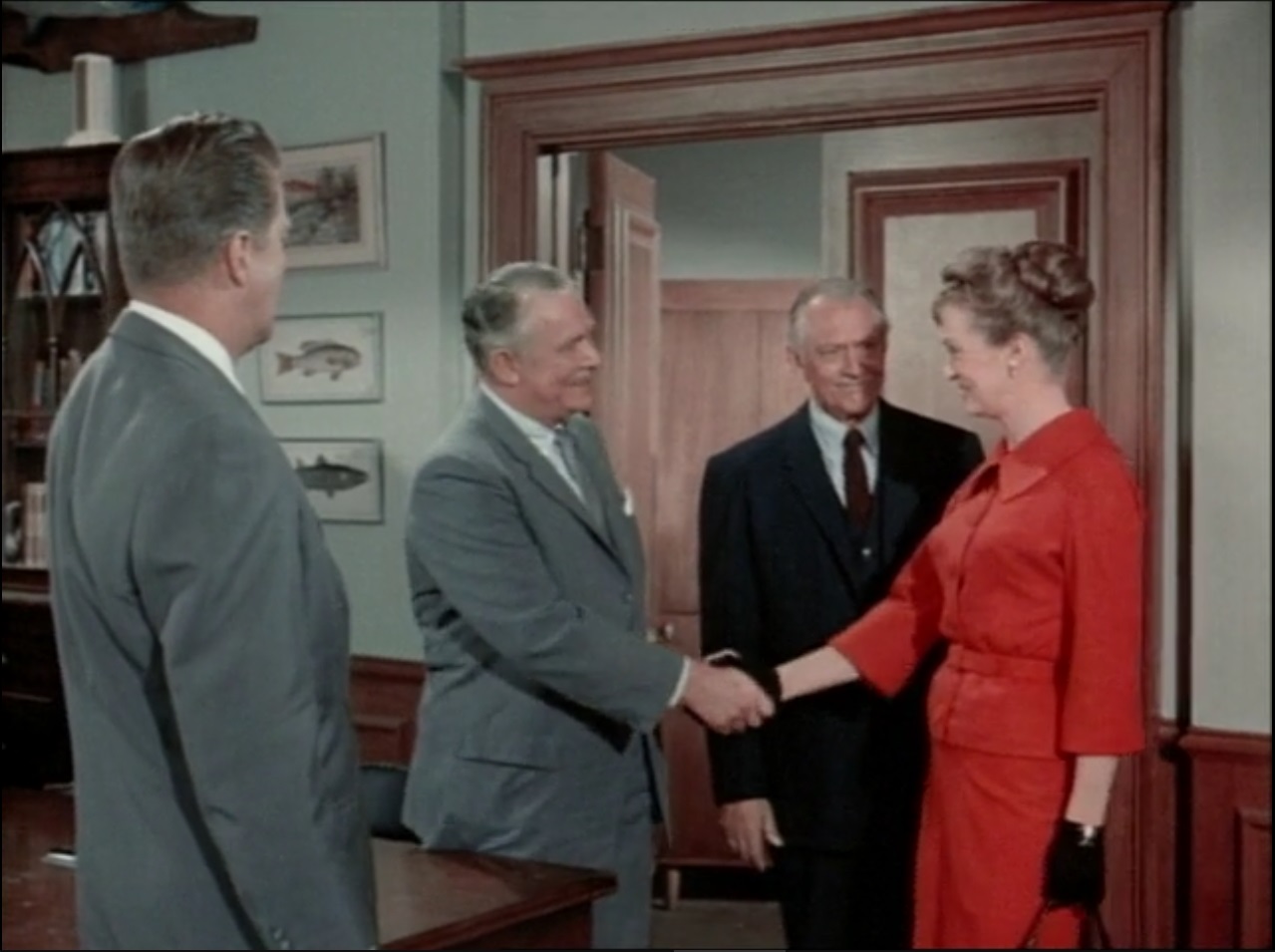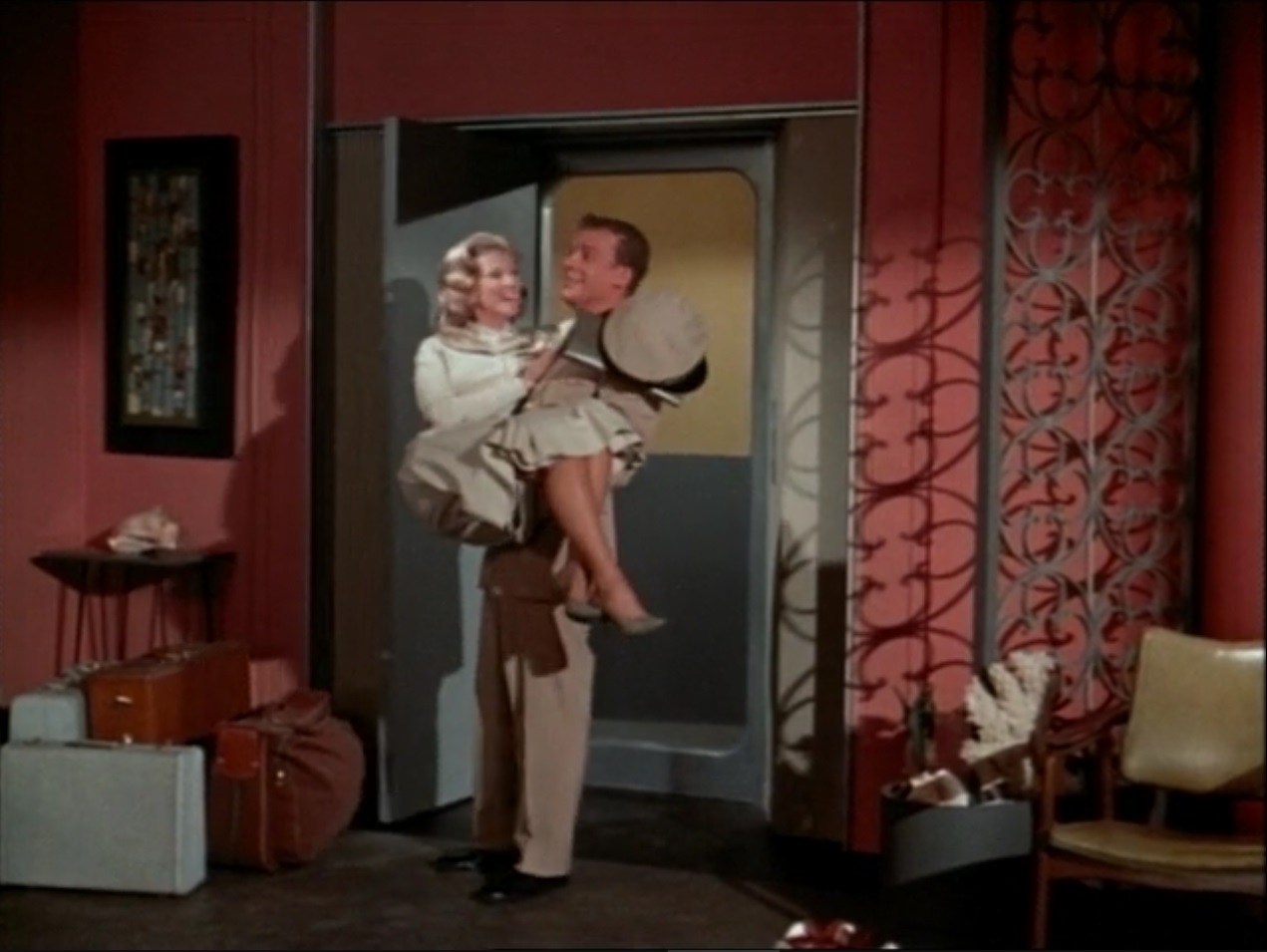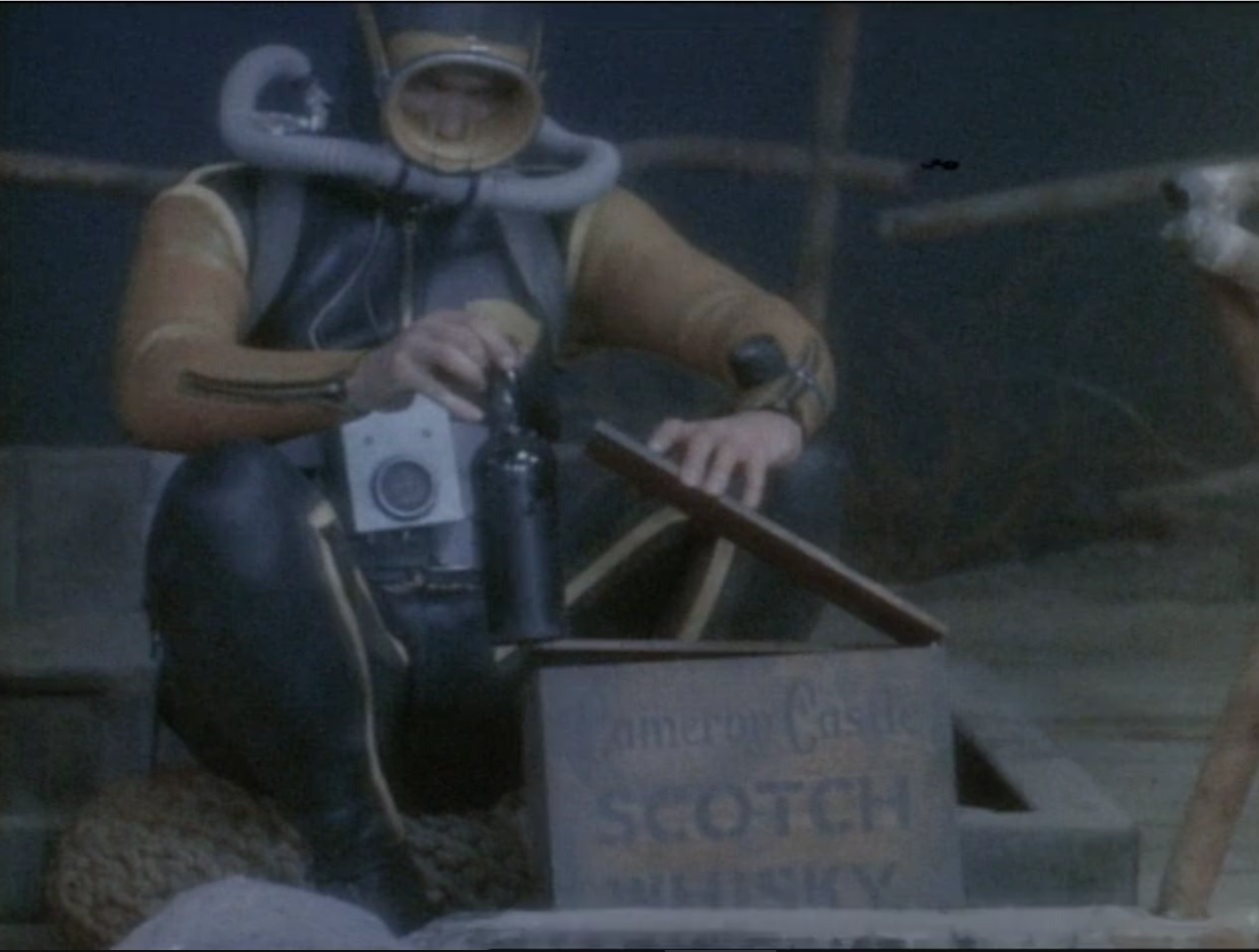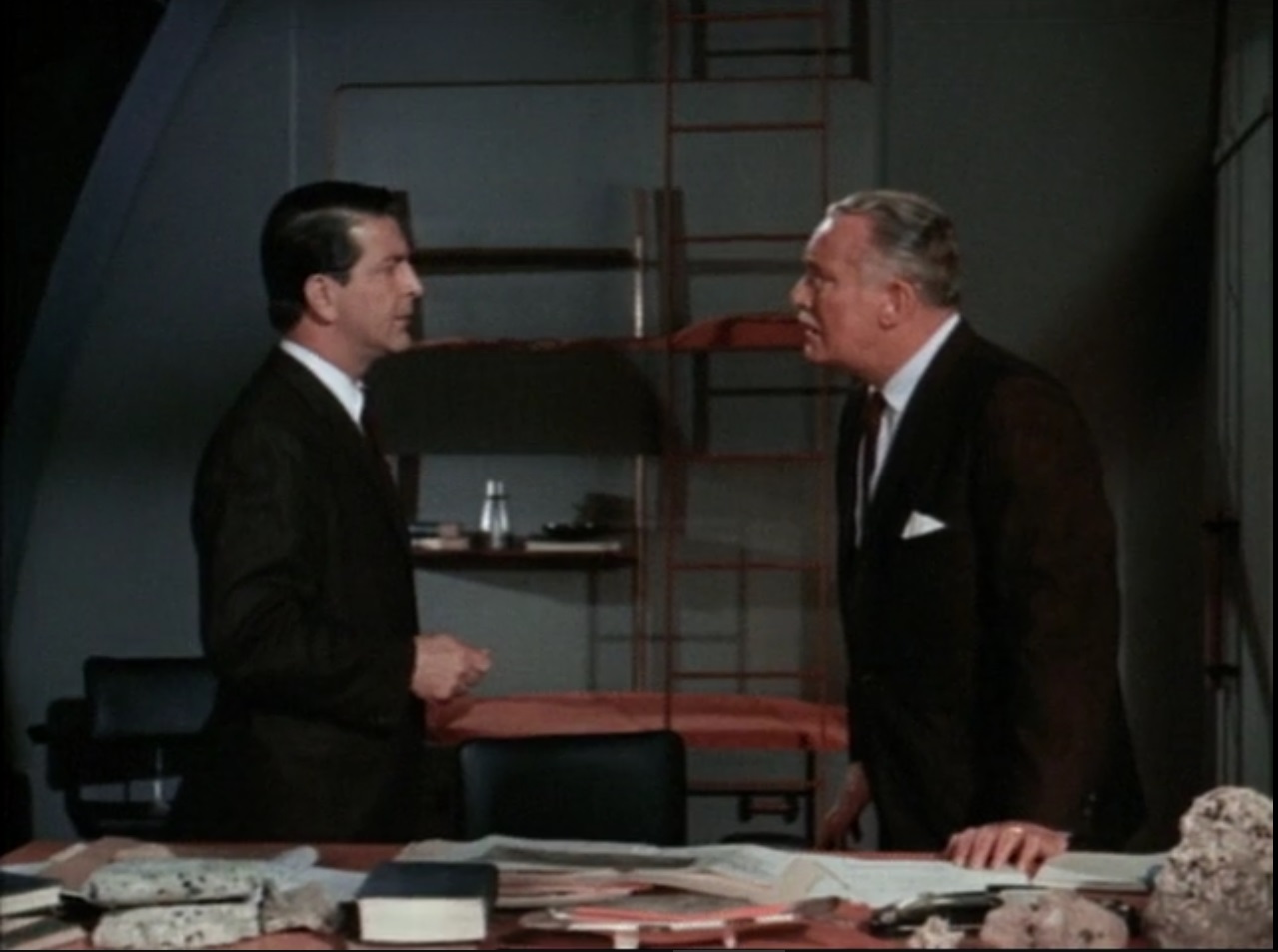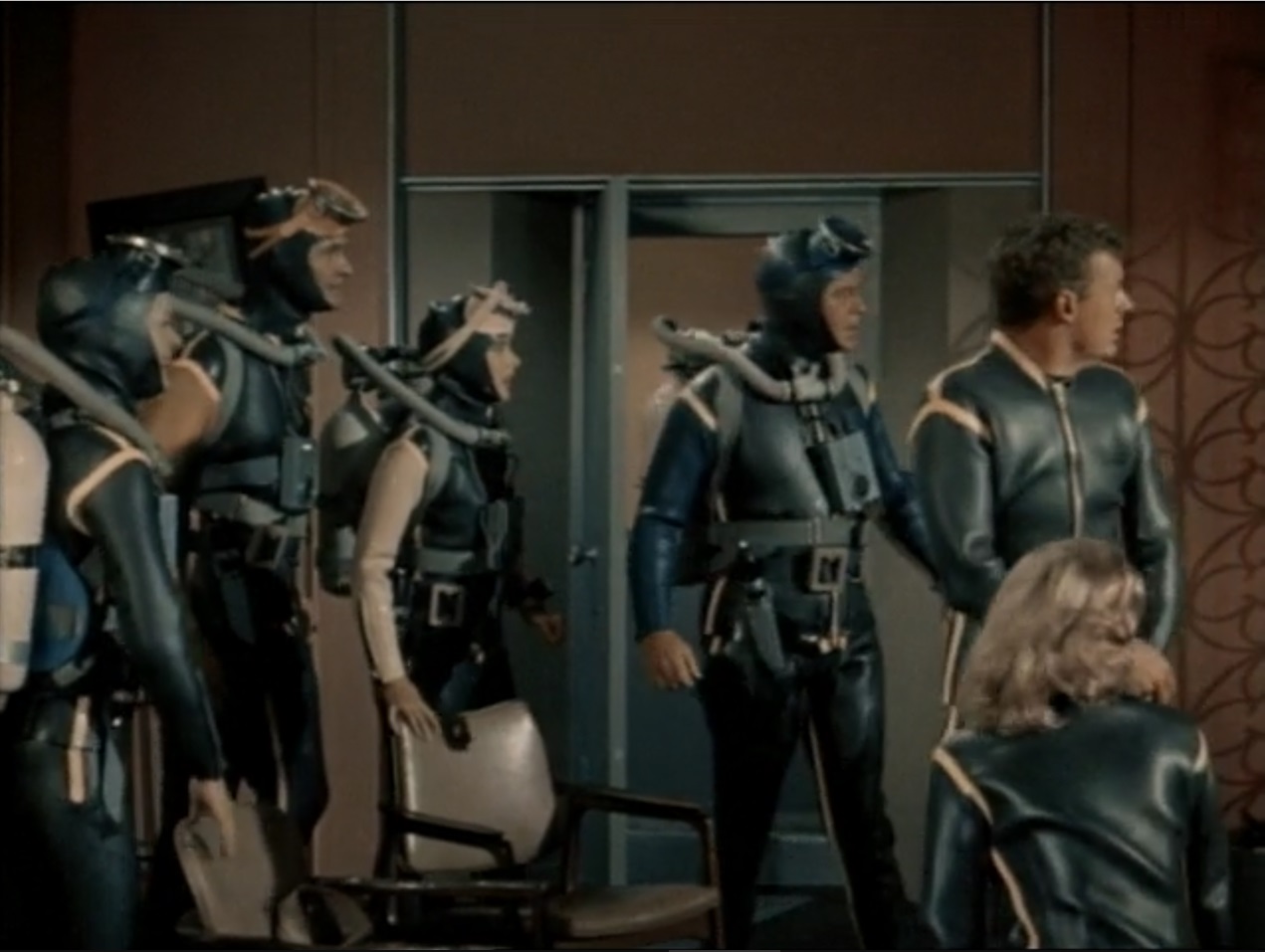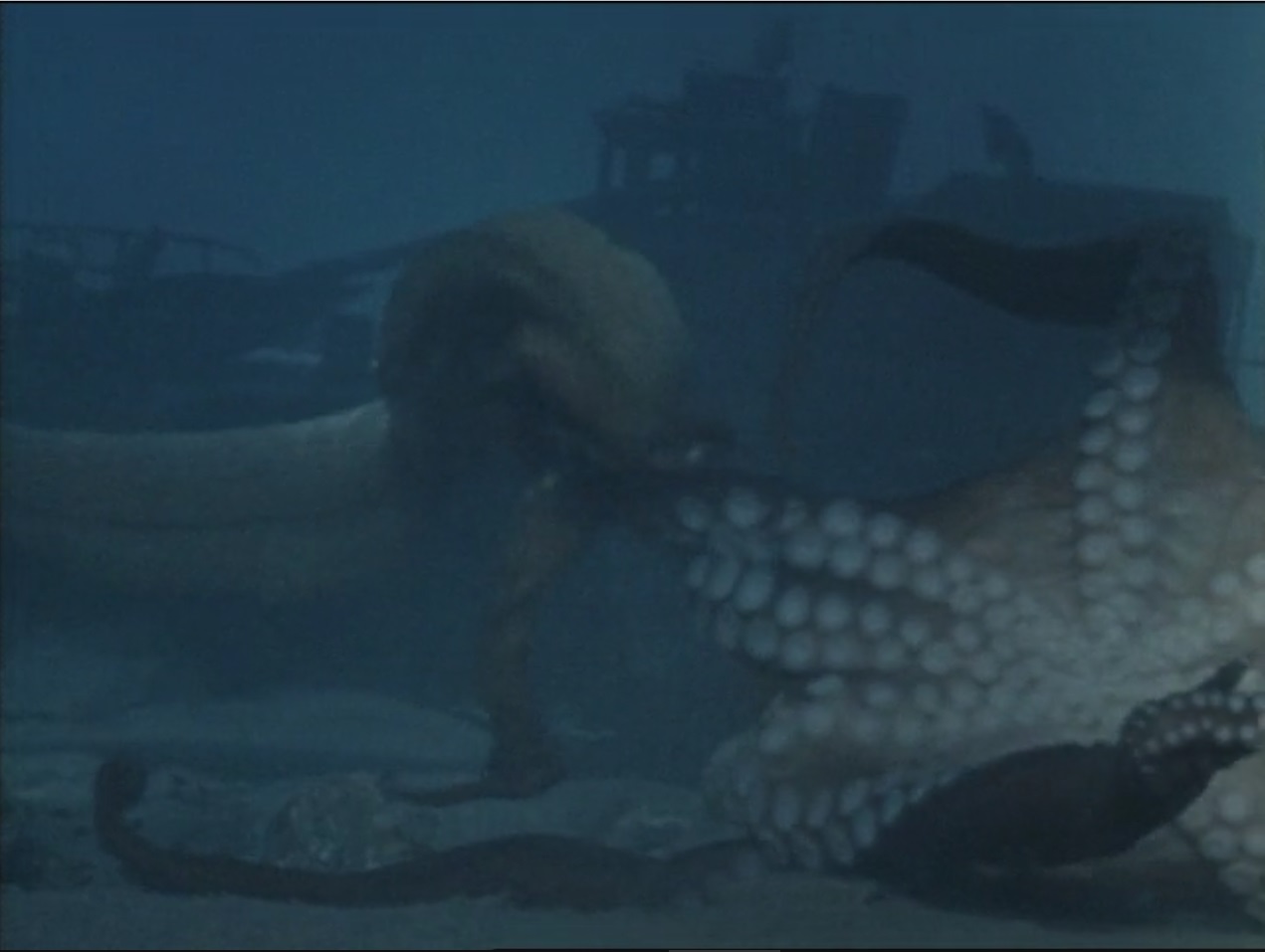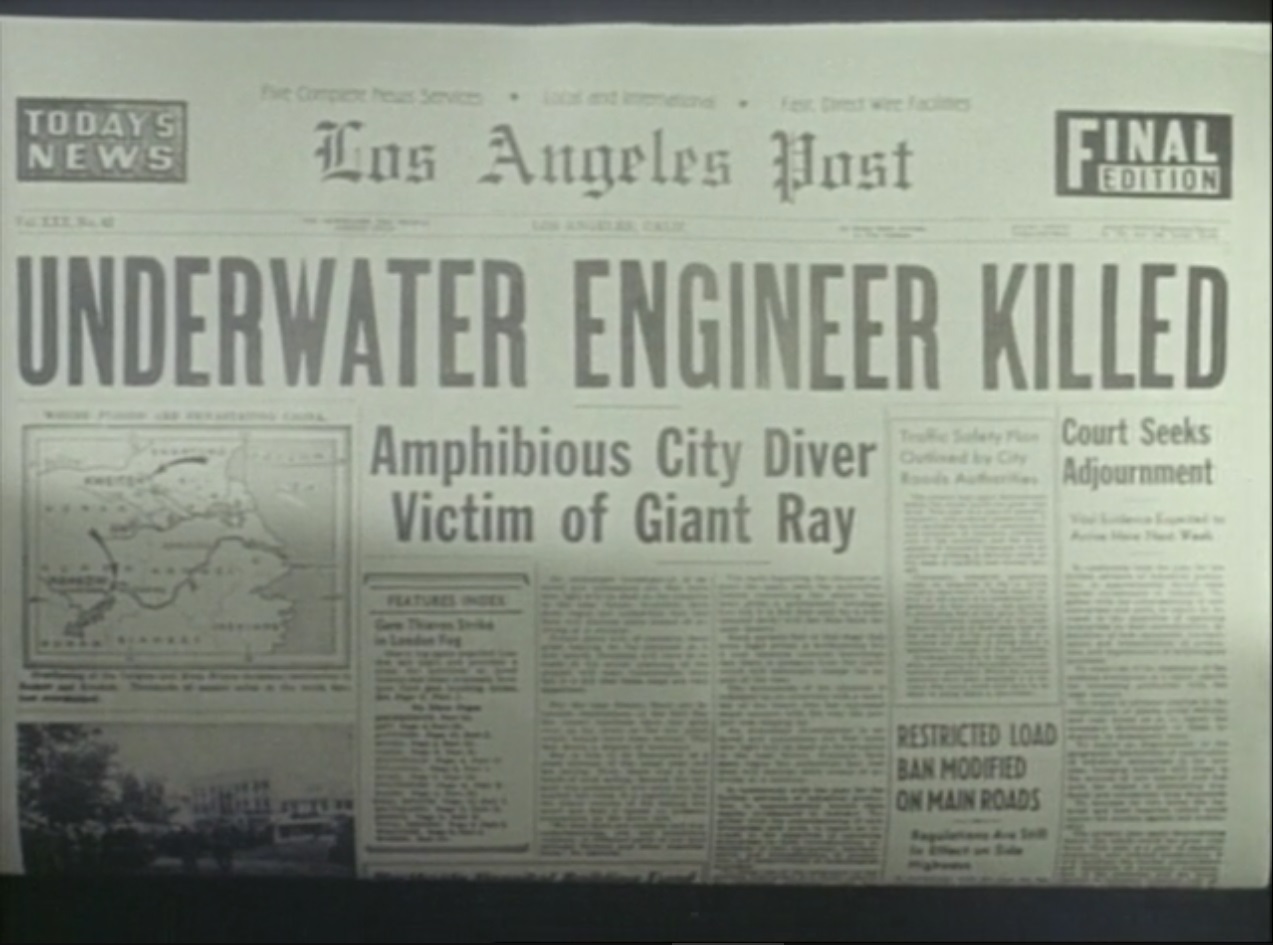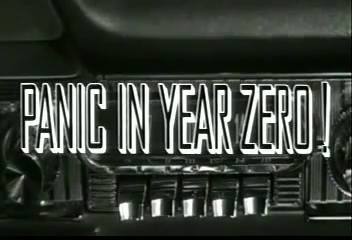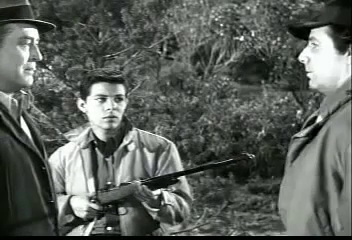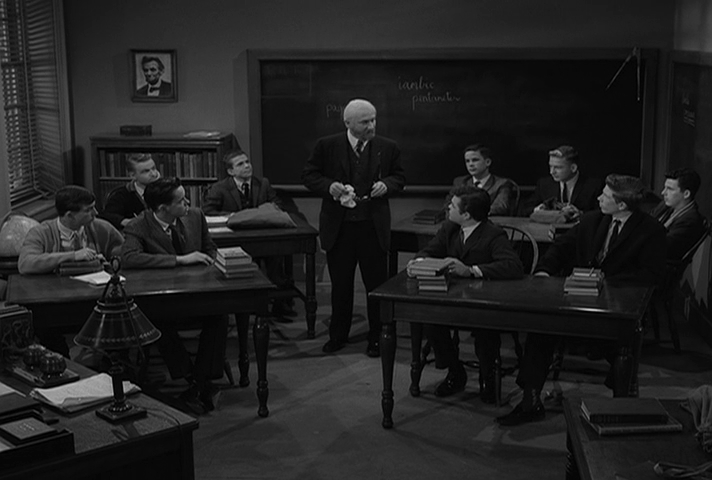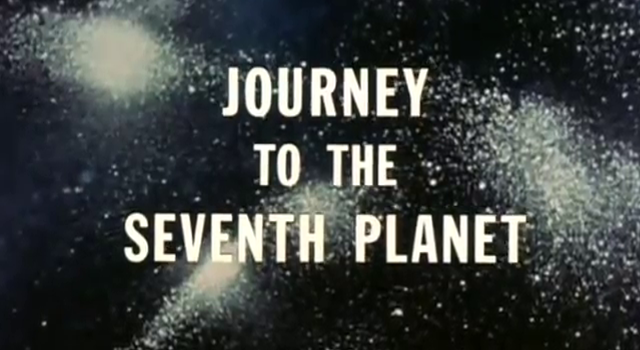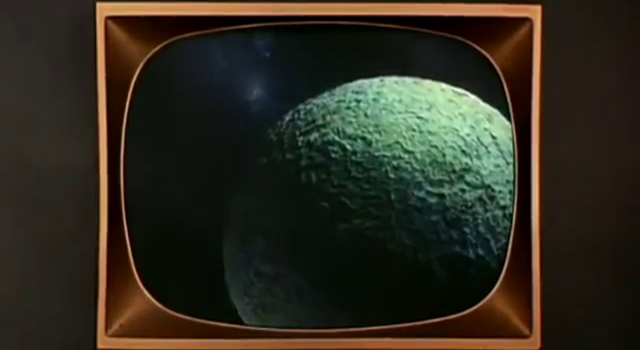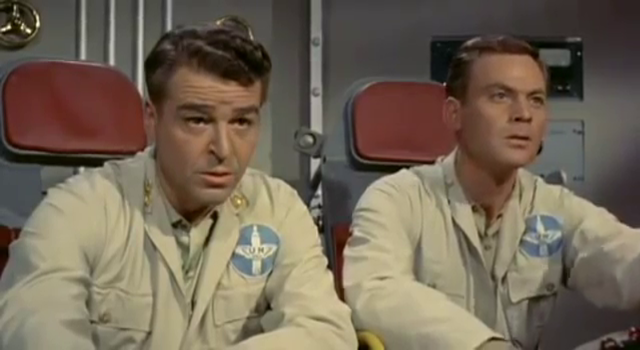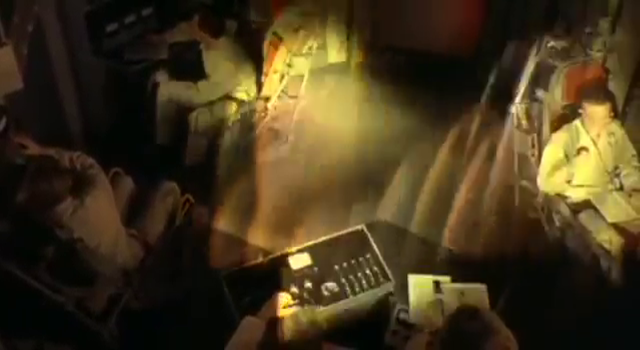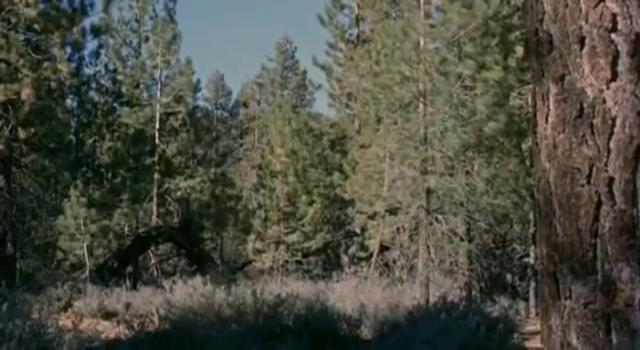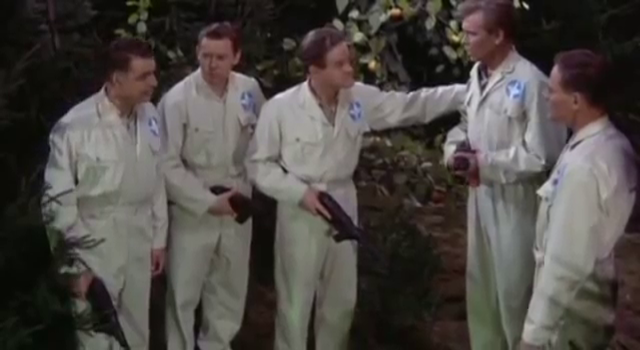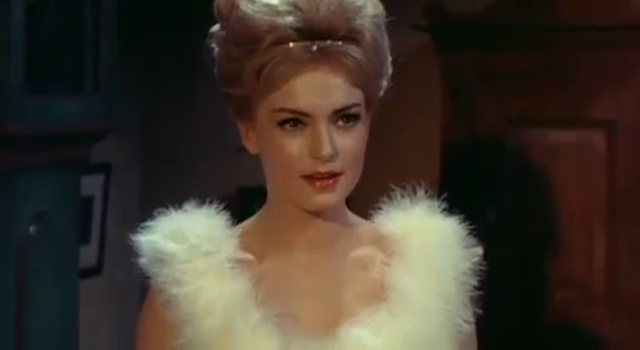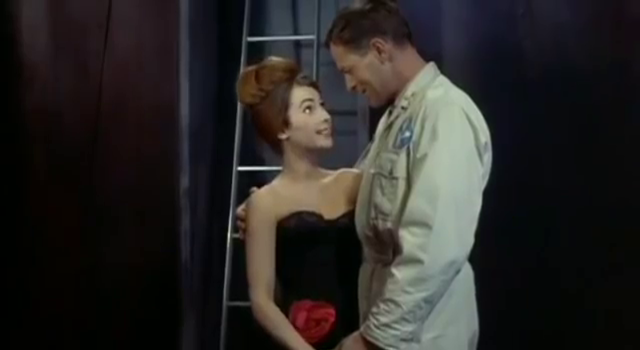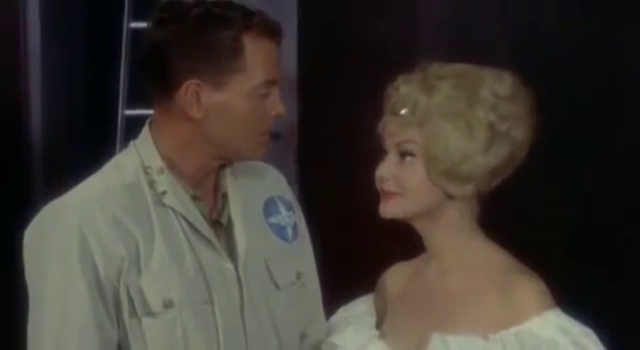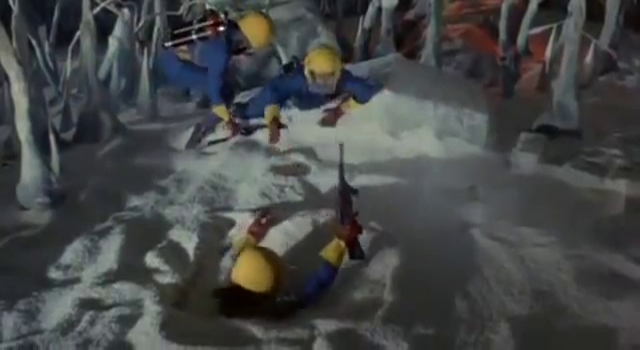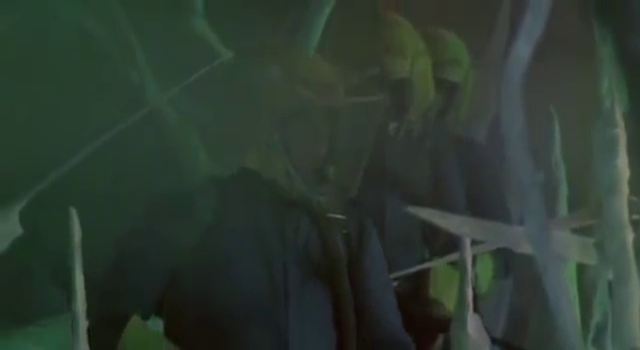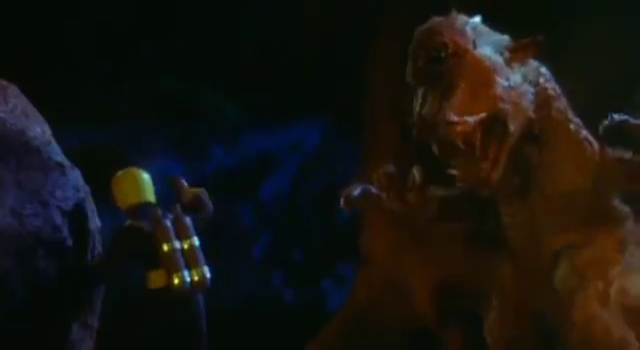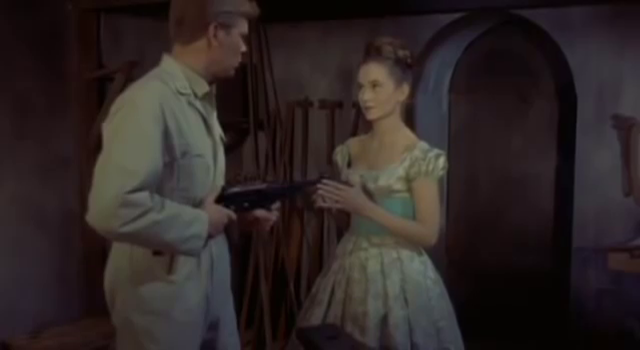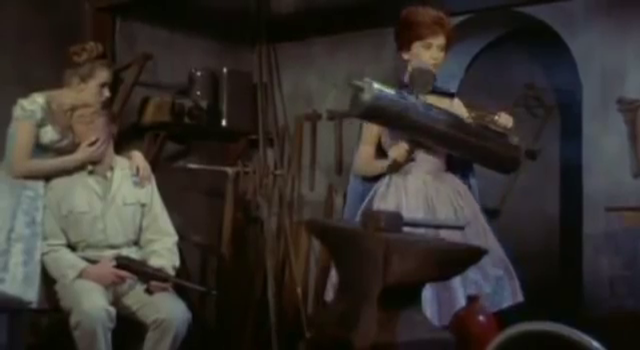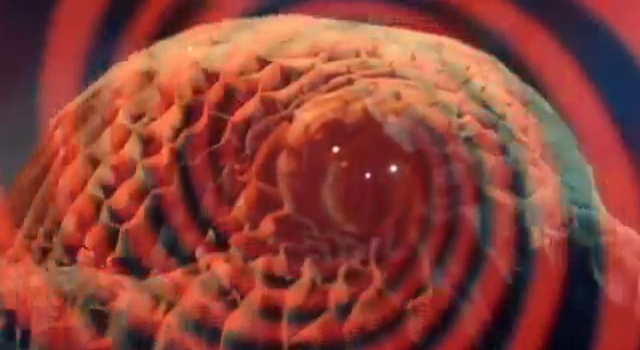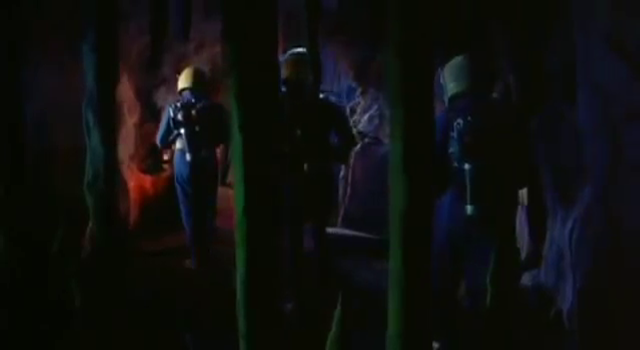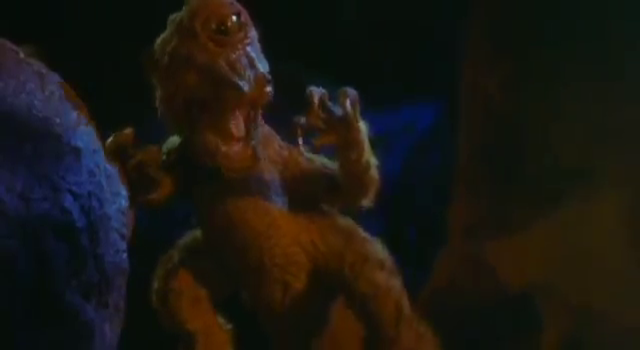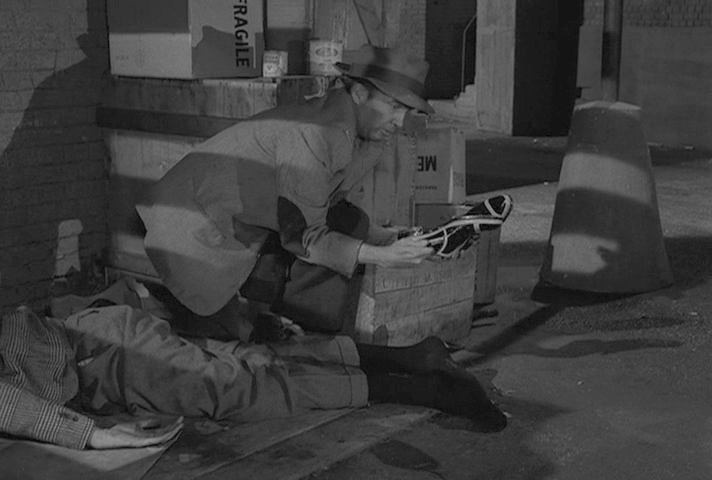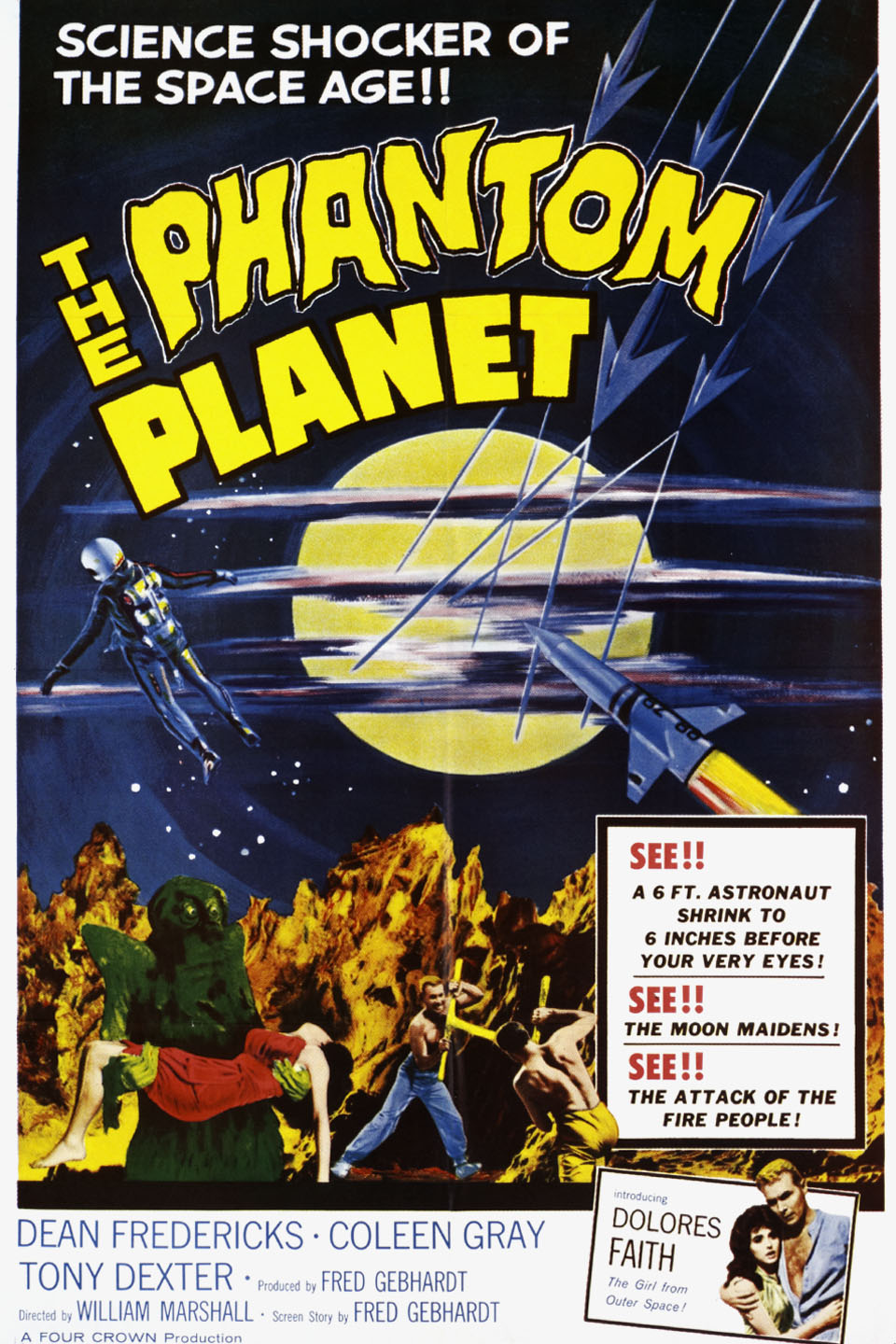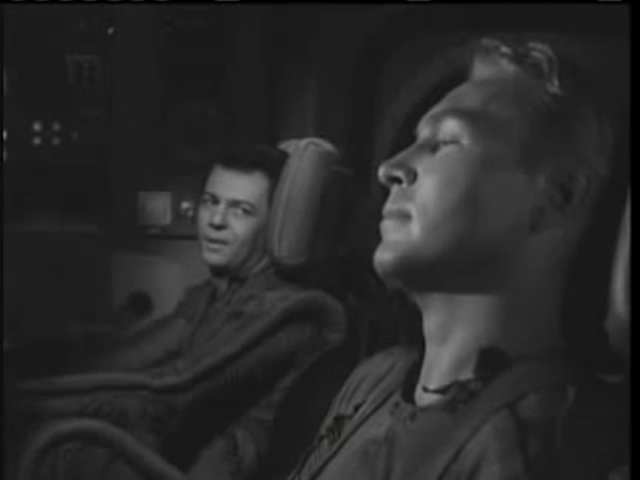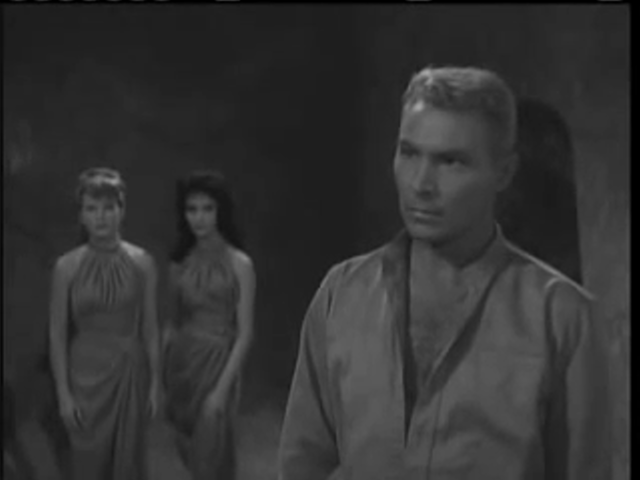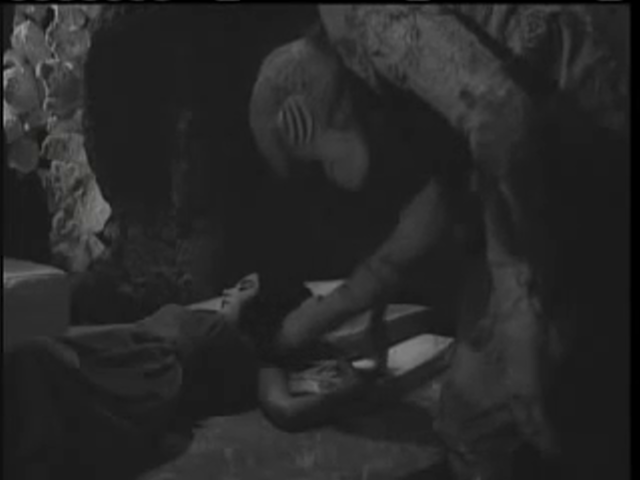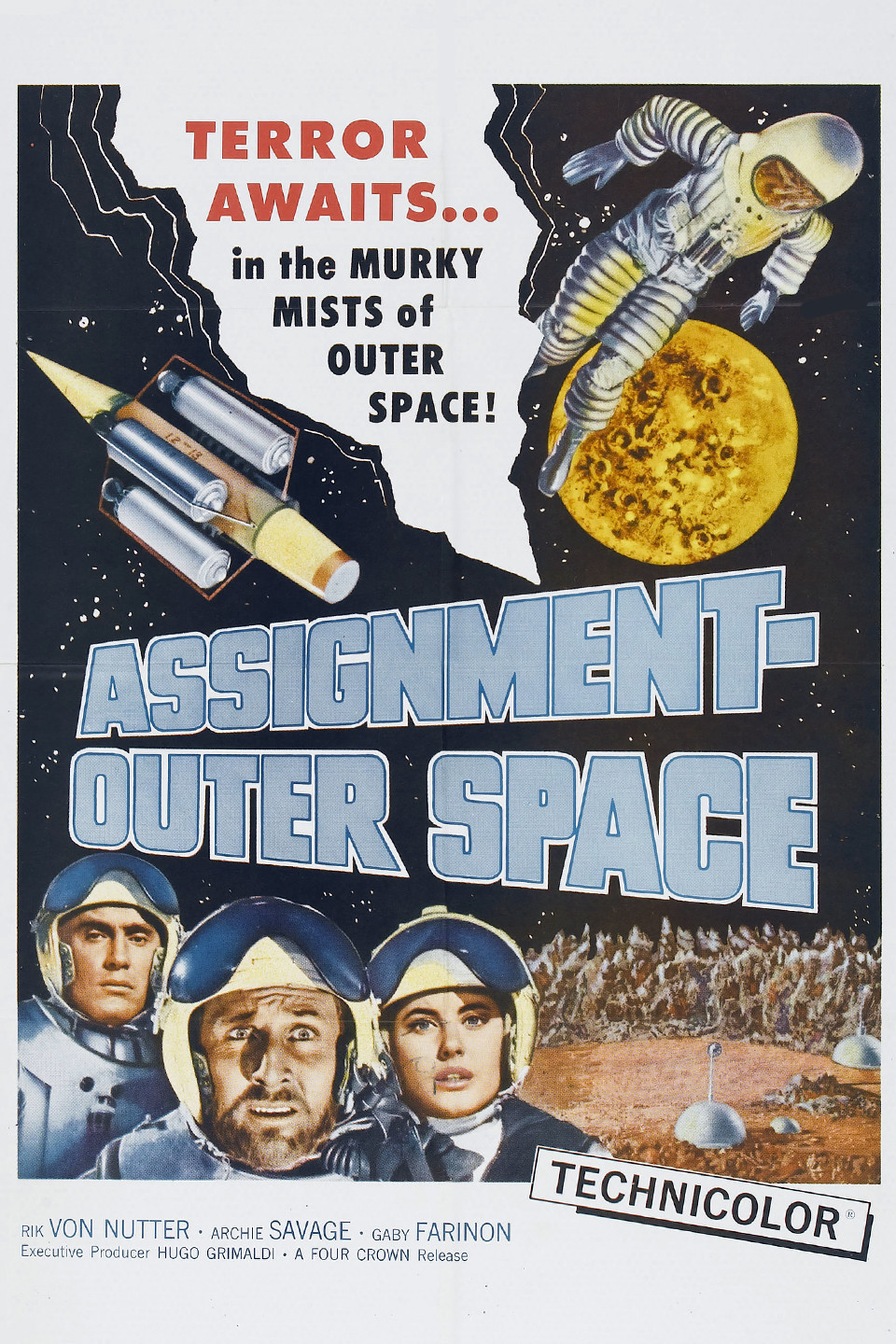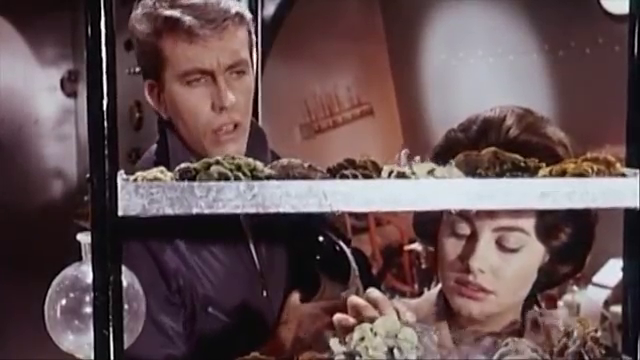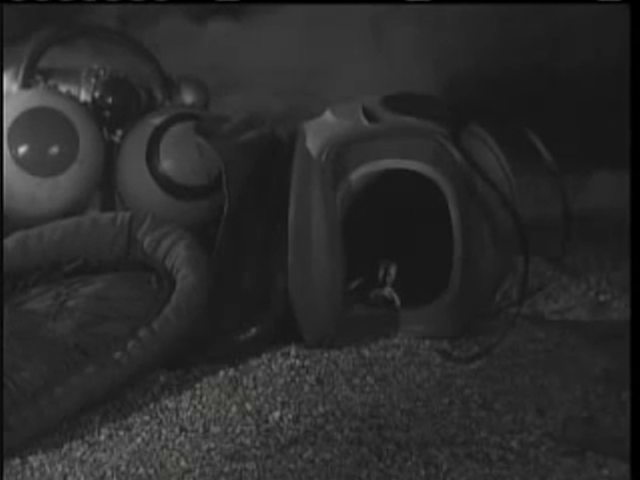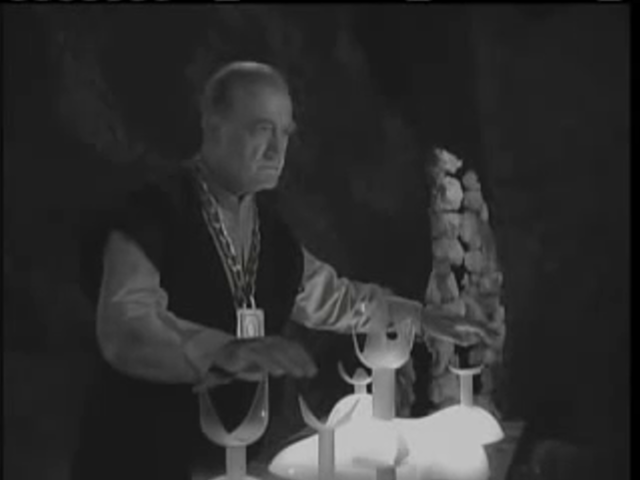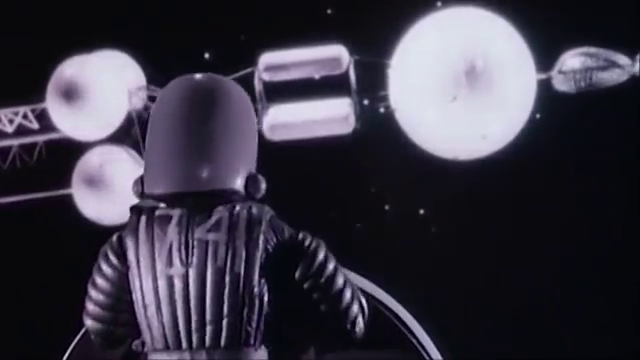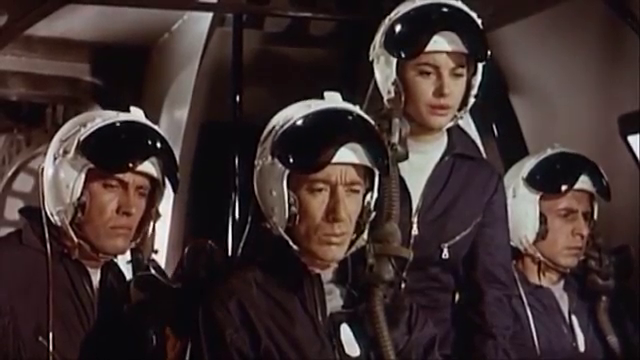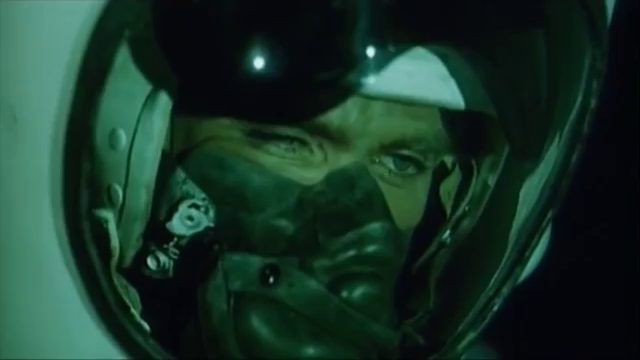[if you’re new to the Journey, read this to see what we’re all about!]

by Lorelei Marcus
It's a scary time to be alive. The Russians are sending “equipment” to Cuba — equipment such as soldiers and missiles. The Berlin Wall is forcing many Germans to remain trapped under Communism. On a larger scale, overpopulation is slowly overtaking the Earth. In 100 years our world may be nothing more than a depleted husk filled with hungry people, or maybe an empty rock polluted with radiation. If only someone could step in and say 'time out', and just make everyone get along.
But, when you think about it, is that really such a good idea?
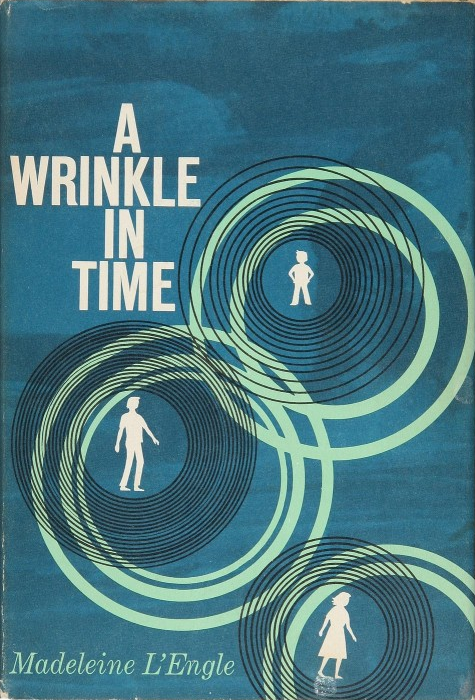
A new book came out recently, called A Wrinkle in Time. It's written by Madeleine L'Engle, a new writer on the young adult fiction scene. Wrinkle is about a young misfit teenager named Meg Murray and her adventures across time and space. With the help of three aliens (disguised as a trio of witches), she travels to unimaginable worlds to rescue her father, who has disappeared after experimenting with hyperdimensional travel. One world is a beautiful garden planet populated by flying centaurs. Another is a misty place inhabited by blind, sensitive creatures. And the third, where Meg's father is imprisoned, is the regimented world of Camazotz ruled by IT, a domineering mind that keeps the population of humanoids running like evil clockwork. Everywhere, planets are shrouded in the Black Thing, causing strife and hardship, edging them toward the machine-like conformity of Camazotz. Even Earth is under a dark shadow.
Relying on her innate talents and those of her companions, precocious little brother Charles Wallace and the bright and alluring schoolmate, Calvin, Meg must defeat IT to win back her father. In the end, it is because of Meg's stubborn nonconformity, and because of the love she and her companions share for each other, that they are able to rescue Dr. Murray and vanquish, if only in a small battle, the darkness of IT.
Wrinkle dives into the dark problems of conformity, shows the hardships of being a genius, and most of all, highlights the true power of love. The world is a very dark and scary place with lots of problems. Problems that could be fixed easily by getting everyone to do things a certain way. However, Wrinkle's message is that it shouldn't be so simple. Human beings are complex, and we all have differing opinions. These opinions define who we are, our personalities; take that away and we are no more than husks, performing duties like machines.
It is true that differing opinions are also the source of conflict and war, but that is not their only purpose. If our existence is to simply fulfill a task like we're told, like a computer, then what's the point to existing at all? Without opinions there is no desire, no discovery, no love. We live to please ourselves and others, and without that there is no point to living.
Seeing the world in this way makes it a little less terrifying. These challenges aren't supposed to be easy. We're not supposed to simply conform and give up. There are problems in the world and they come from the choices we have made, but the point is: We can make choices, and we need to value that ability, because it means we are alive. I have hope that we'll make the right choices. Wrinkle's author clearly does, too.
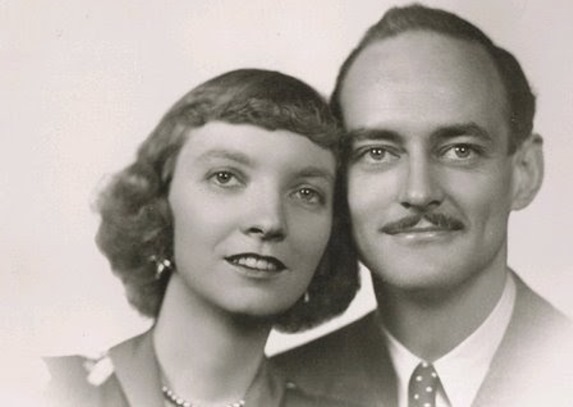
Now you didn't just come here to read an analysis, so here are my personal thoughts on A Wrinkle in Time. I did not read the story conventionally — my father actually read the book to me and my mother in chapters at bedtime. Between his reading and the immersive story, it was truly an amazing experience for me. It was almost as if I was in the story with the characters! I believe this was partly because the main character, Meg, is so relatable in that she is super smart. Most stories for kids and teens right now are action comics, slice of life stories, or simple fantasy novels. Though A Wrinkle in Time could arguably fit into all three of these genres, it's also something we've never seen before. All of the characters are very intelligent, including the children. After seeing so many stories with 'strong boys' or 'beautiful girls', it is so relieving to see intelligent characters with such depth in a novel aimed at teenagers.
I really love this novel. I love the story, I love the message, I love the settings, I love the characters, and I love the writing! I think my main nitpick would be the fact that Calvin is way too mature for a 14 year old boy. That aside, this novel incorporates many of my values and philosophies. Intelligence, and using one's intelligence, is an important aspect of the story, mature themes about the world and its problems are displayed in an optimistic light, and love conquers hate in the end. These themes throughout the story are what make it so dear to my heart.
Overall, this is an amazing book that I highly recommend you read. Even if you've already read it, reread it again! I think it would be especially good to read when you're feeling hopeless. In the end, there's no way to make the world's problems disappear, but that's a good thing. The challenges we face every day to better ours and others' lives are what make life worth living. I give this story a record 5 stars! I believe there is nothing in it that should bring it to anything less than a perfect score. I would love to hear what you all think of A Wrinkle in Time and what you believe the message is too! Feel free to drop a line about your thoughts on it, and as always,
This is the Young Traveler, signing off.



